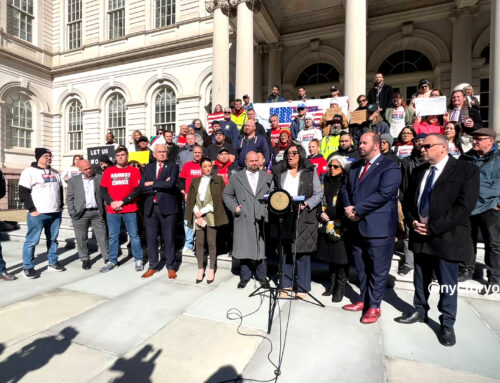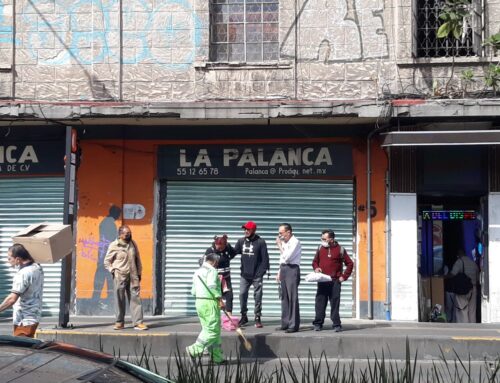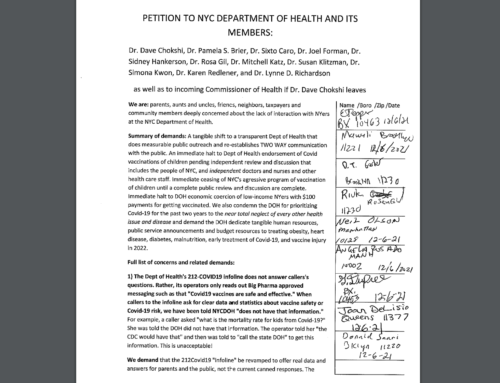The Consulate General of Finland invited us to give a presentation on the state of U.S. society’s social safety net to visiting politicians from Finland. So we went on November 13th. There were ten members of various Finnish political parties there, many of whom were also serving as legislators or in policy leadership roles back home. We had slides and data and ourselves (me, Peter Malvan, and Wendy O’Shields) to explain the precarious, anxiety filled life that many Americans lead while the U.S. social safety net programs are redesigned to serve fewer and fewer Americans. And while the programs amass a veritable fortune in unspent dollars.
Explaining our dysfunctional welfare system to Scandinavians is embarrassing
I’ll recap the group’s response. I’ll give one example. I explained that the welfare (Temporary Assistance for Needy Families) monthly assistance amount in Florida to a family of three is $303. And that the federal poverty line in the U.S. for the same family is $1731 per month. As expected, these facts prompted very sensible reactions. How, someone asked, could a town or city reasonably expect its residents to continue to function, when many were living on an income that even with a bit of food aid added in (about $300 a month, but not automatic) would have an income of less than half of the U.S. poverty line? Before I answered that, I had to add that in Florida, not everyone who is poor in Florida gets that small amount of income aid. Only TWELVE of ever 100 families poor enough to qualify for this income aid will get that help. The majority of the families poor enough to qualify will get nothing. Then I added that Florida is not an anomaly. Most U.S. states do this to their poorest residents.
As should be the case, this information led to a lot of silences and pauses, and incredulity, while they calculated in their heads and out loud a) that this program obviously is inadequate and b) that it can’t possibly sustain human life; and c) that it would lead to society falling apart.
“How can that possibly work?” one participant asked.
“I would imagine that is extremely damaging to the whole community, when so many people are being provided too little to survive.”
How refreshing, to hear people talk like this; unlike in the U.S., where people suggest that the way to fix this morass of a safety net is to have people line up all over the country for second hand clothes, and bags of donated food.
Explaining American homelessness to Scandinavians is plain embarrassing
Our guests also noticed how bizarre our homelessness policies are. Wendy O’Shields explained that New York City gives some people a rent voucher of about $1200 a month once they have lived a few years in a shelter at enormous cost to the city. But the regulations say that the voucher must cover the full amount of the monthly rent. And there are NO apartments in NYC that rent for $1200 a month. Therefore, the vouchers are unusable. People whose rent is more than $1200 get evicted (they can only use the voucher if they can find an apartment that cheap and move into it). Then they will have to go to a shelter, where they will get stuck because they still won’t be able to find an apartment for $1200 a month anywhere in NYC. The cost for placement in a shelter for the person who loses their $1500 a month apartment that they can’t use the $1200 voucher for will be between $3500 and $6400 a month. Our guests were confounded and troubled by this information as well. It was frankly embarrassing to share these details of American social welfare systems with people whose social policy sense is so much better than ours.
Could an America with no safety net affect Europe?
I concluded my presentation by saying that the current U.S. welfare program’s inadequacy as well as the perverse incentive for states to mismanage and re-direct the federal TANF block grants away from cash income support for families, is destabilizing American society. Europeans and others should be very worried. Because American leaders continue to withdraw commitment to income support for Americans, and our relative daily peace and functioning is deteriorating. As more people here lose their paychecks as a result of automation without an adequate income safety net program in place to aid them, American society will destabilize even more, fueling more dysfunction, more violence, more scapegoating, all which will affect the rest of the world.
Our guests told us that in Finland, not all poverty has been eliminated, but a lot of it has been. In the capital, Helsinki, for example, innovative municipal programs have housed nearly every homeless person, in real apartments, not shelters.
The United States social safety net is in shambles. Not only is our welfare program, Temporary Assistance for Needy Families contributing to the rise in numbers of homeless people and malnourished people in America, but special interests and the legislators who woo them are working feverishly to apply the failed design elements of Temporary Assistance for Needy Families to the rest of the U.S. safety net: Food Stamps and Medicaid. In Arkansas this month, 12,000 poor people have been kicked off of Medicaid, due to new regulations that require them to report to work programs and/or document it via an online system. Many poor people in Arkansas have no internet access. To require them to use internet to file documentation is to guarantee they will lose their Medicaid.
The best bet we have to remedy this aggressive destruction of our social safety net programs is a national Universal Basic Income. UBI would make it possible for us to dismantle our inadequate, expensive, mismanaged, exploitative current system. It would protect people from being forced to accept dangerous work arrangements as a condition of aid. It would protect people from having all of their other aid programs like Medicaid and Food Stamps redesigned to be as hard to get as Temporary Assistance for Needy Families now is.
At present, there is one UBI pilot being set up in California, as well as two more that are being set up in states that have not been revealed yet. And we have a Presidential candidate for 2020, Andrew Yang, who is committed to creating a Universal Basic Income of $1000 a month for every American age 18-65. UBI, and candidates who are committed to making it the law are where we need to be investing our energy, not in charity, tweaking failed Welfare “to Work” policies state to state, not in passing out sandwiches and Thanksgiving turkeys. This is obvious to Scandinavians, but we have to make it obvious here, loudly objecting to the status quo shambles that passes here as a social safety net. Life, liberty and the pursuit of happiness are only possible with income, and withholding income is therefore un-American, as well as inhuman.






Leave A Comment